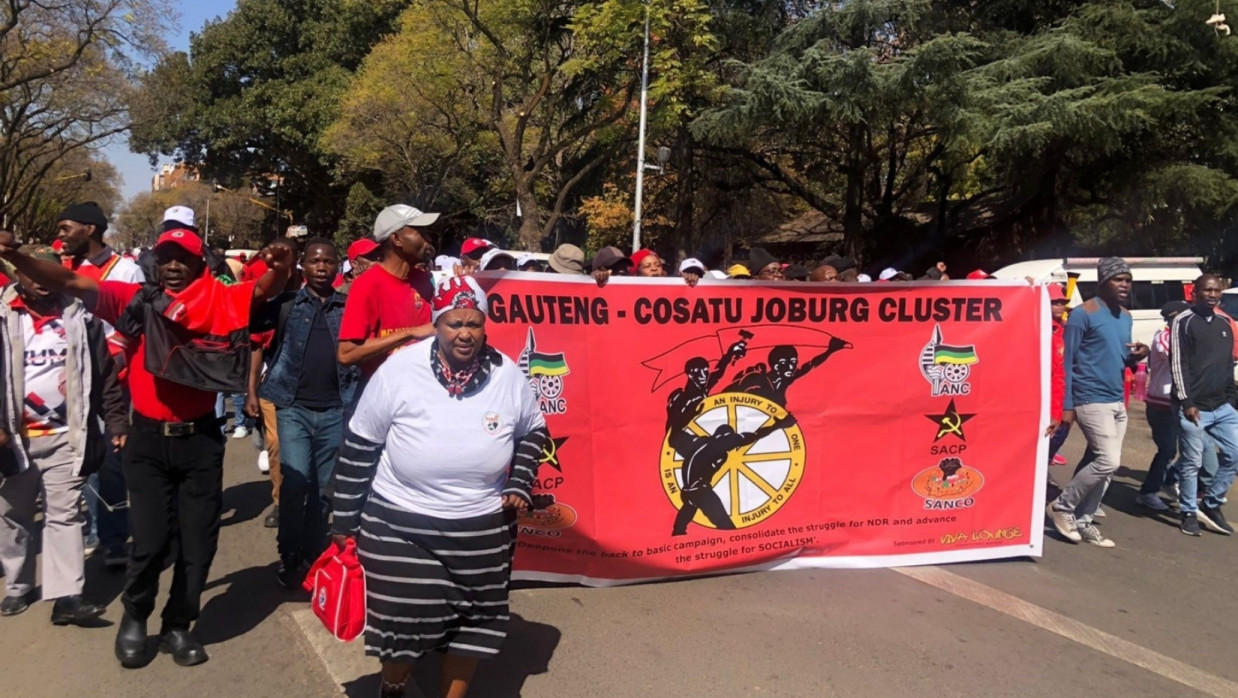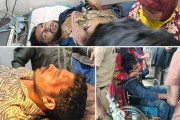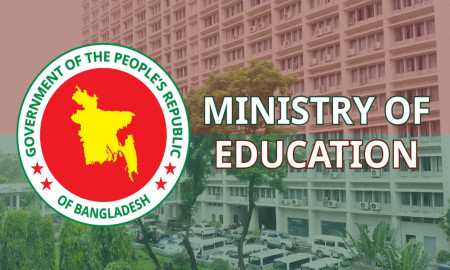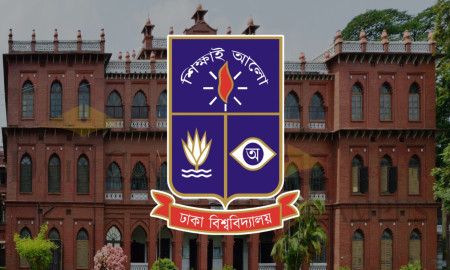Wages of African Public Workers Plunge Amid IMF-Driven Austerity, ActionAid Warns

Wages for public sector workers in six African countries have fallen by as much as 50% over the past five years due to deep budget cuts driven by debt repayment obligations, according to a new report by international NGO ActionAid.
The report, The Human Cost of Public Sector Cuts in Africa, reveals that public healthcare and education workers in Ethiopia, Ghana, Kenya, Liberia, Malawi, and Nigeria are struggling to survive on slashed incomes. A staggering 97% of surveyed healthcare workers said they could no longer meet basic needs like food and housing.
ActionAid squarely blamed the International Monetary Fund (IMF), accusing it of pressuring governments to cut public spending to repay mounting foreign debts — a crisis that is disproportionately affecting low-income nations. Currently, over three-quarters of the world's poorest countries are spending more on debt servicing than on healthcare.
“The IMF’s push for austerity is crippling Africa’s public systems,” said Andrew Mamedu, Country Director for ActionAid Nigeria. “In 2024, Nigeria spent just 4% of its national revenue on healthcare, while over 20% went to servicing foreign debt.”
The report describes a deteriorating healthcare landscape across the six countries, marked by medicine shortages, unaffordable services, and overstretched medical staff. Women, in particular, are bearing the brunt.
“I’ve seen four women give birth at home in just the last month because hospital fees are too high,” said Maria, a healthcare worker in Kenya. She added that communities now depend on private hospitals for vaccines and immunisations, as public facilities are often empty-handed.
In Ethiopia, antimalarial drugs — critical in a region where malaria is a leading killer — now cost 10 times more in private clinics than they did five years ago. “Five years ago, we bought malaria medicine for 50 birr ($0.40). Now, it’s over 500 birr ($4),” said Marym, a resident of Muyakela Kebele.
The education sector faces similarly dire conditions. Overcrowded classrooms, underpaid teachers, and a lack of supplies are severely impairing the quality of education. Many teachers are forced to buy materials out of their own pockets, with 87% reporting they lacked basic teaching tools.
“I teach over 200 students without adequate materials. How can I provide a quality education?” asked Maluwa, a primary school teacher in Malawi. Liberia-based teacher Kasor added, “I often struggle to put food on the table.”
According to UNESCO data cited in the report, four of the six countries are spending less than the recommended 20% of their national budgets on education.
ActionAid said the findings expose the human cost of debt-driven austerity measures backed by global financial institutions. “Outdated institutions like the IMF continue to uphold an unjust global economic order, where the poorest pay the highest price,” said Roos Saalbrink, global economic justice lead at ActionAid International. “This must end.”
Source: Al Jazeera








